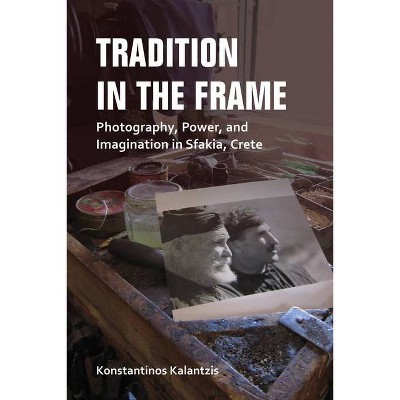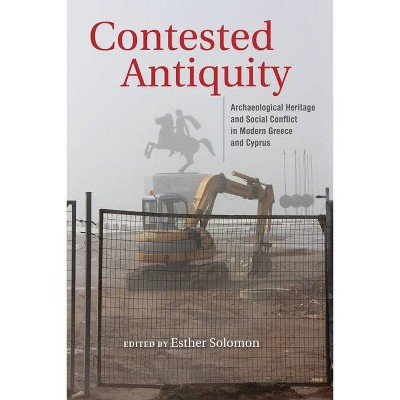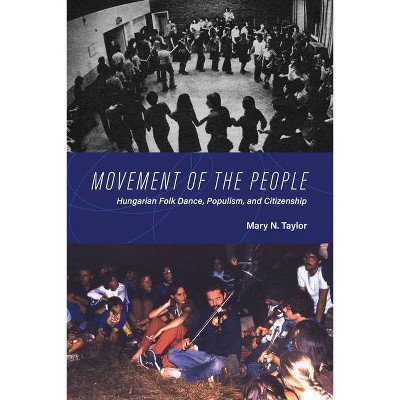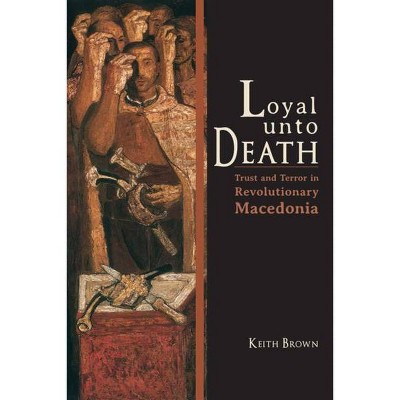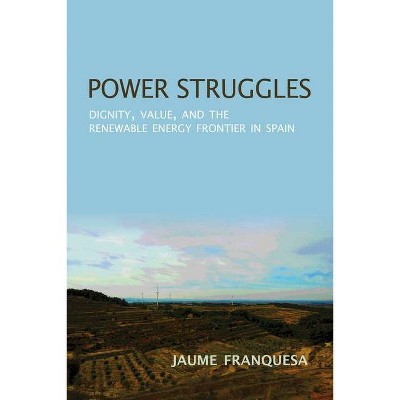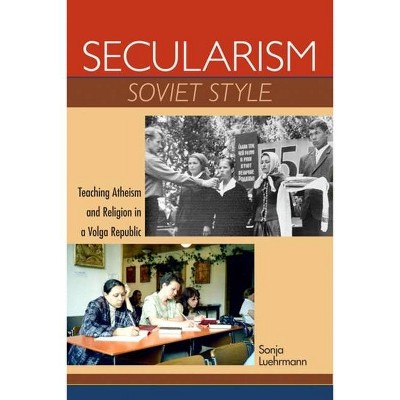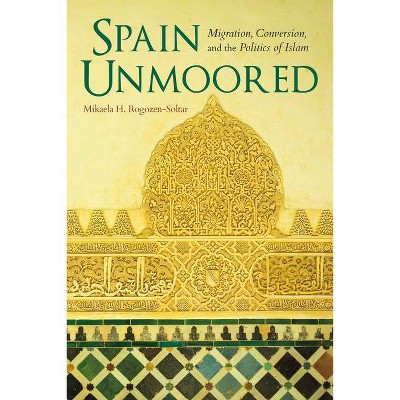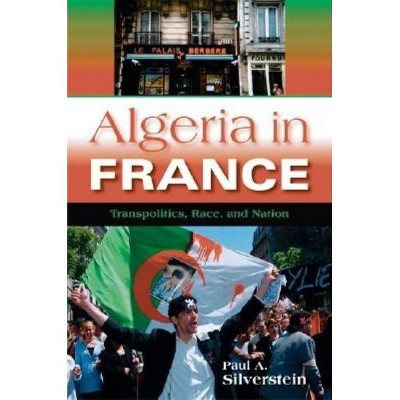The Euro and Its Rivals - (New Anthropologies of Europe) by Gustav Peebles (Paperback)
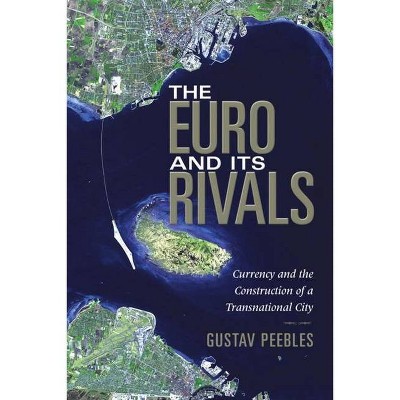
Similar Products
Products of same category from the store
AllProduct info
<p/><br></br><p><b> About the Book </b></p></br></br>The Euro and Its Rivals provides a deep historical study of the welfare state and the monetary policies and utopian visions that helped to ground it, at the same time shedding new light on the contemporary movement of goods, people, credit, and debt.<p/><br></br><p><b> Book Synopsis </b></p></br></br><p>Gustav Peebles takes an anthropological look at two seemingly separate developments in Europe at the turn of the millennium: the rollout of the euro and the building of new transnational regions such as the Oresund Region, envisioned as a melding of Copenhagen, Denmark, with Malmö, Sweden. Peebles argues that the drive to create such transnational spaces is inseparable from the drive to create a pan-national currency. He studies the practices and rhetoric surrounding the national currencies of Denmark and Sweden, the euro, and several new "local currencies" struggling to come into being. The Euro and Its Rivals provides a deep historical study of the welfare state and the monetary policies and utopian visions that helped to ground it, at the same time shedding new light on the contemporary movement of goods, people, credit, and debt.</p><p/><br></br><p><b> Review Quotes </b></p></br></br><br><p>Peebles adopts an anthropological approach to the question of how the roll-out of the euro has influenced the emergence of transnational regions in Europe, such as the Oresund region encompassing Copenhagen, Denmark, and Malmo, Sweden.</p>-- "Survival"<br><p/><br></br><p><b> About the Author </b></p></br></br><p>Gustav Peebles is Assistant Professor of Anthropology and Chair of Social Sciences in the Bachelor's Program at The New School in New York City. His work has appeared in <i>Harper's Magazine </i>and other publications.</p>
Price History
Price Archive shows prices from various stores, lets you see history and find the cheapest. There is no actual sale on the website. For all support, inquiry and suggestion messagescommunication@pricearchive.us
